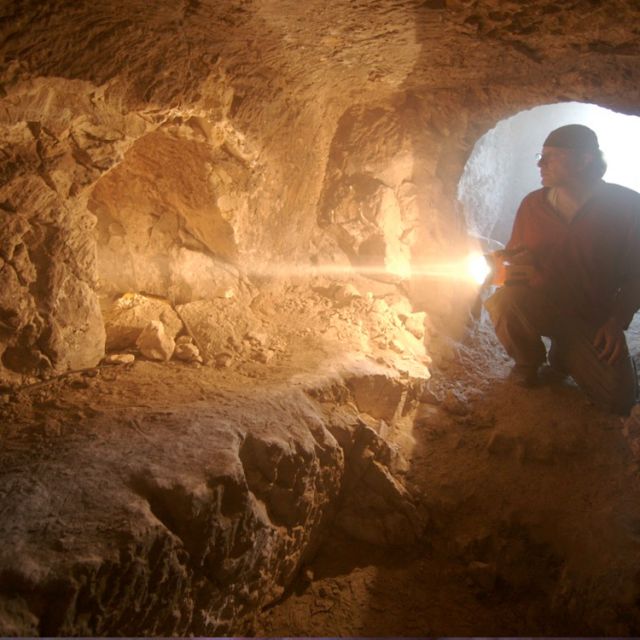All this got me thinking: What if modern science could prove beyond a reasonable doubt that the bones of Jesus remain on Earth?
After all, the central tenet of Christianity is that Jesus rose bodily from the dead on Easter morning after being crucified on Good Friday and then He ascended into heaven.
First, I doubt whether even today’s advanced science could prove beyond reasonable doubt that Jesus’ mortal remains are in any of these ossuaries, or other burial boxes, for that matter.
But, I keep wondering, if such iron-clad proof did come forward from science what impact, if any, would it have on me?
Theologians have argued for a long time over whether the Resurrection occurred, with debate beginning long before these recent archeological finds or science reaching the advanced state it is now. Serious argument began in the 19th-century Europe and intensified throughout the 20th century.
On the liberal side are scholars who say the Resurrection is ultimately unimportant and the central tenet of Christianity is Christ’s message of love and forgiveness, not whether His body rose to Heaven. Indeed, Rev. David Jenkins, of the Church of England, created uproar by preaching on Easter Sunday in 1984 that the Resurrection was nothing more than a “conjuring trick with bones.” Later, when Jenkins was appointed bishop of Durham, after the ceremony a bolt of lightning struck the church causing great damage. Some thought this was a sign from God as to which side of the argument He sat.
Over the years, many have asked that if Jesus’ body did indeed arise after the crucifixion, why did His friends not recognize Him? (Luke 24:16 or John 20:14, 21:4.) Interesting point, but when the body of Jesus was transformed, perhaps it was unrecognizable to people who knew Him well, especially since they never expected to see Him again in the flesh. Their surprise actually supports the argument that Jesus did rise body and soul.
To me, one of the intriguing questions related to the Resurrection is: Why did Christianity spread so quickly and powerfully in the early days and why did Christians risk everything they had on Earth to ensure its growth? It must be because early Christians were convinced Jesus’ tomb was empty on Easter and that He later appeared to His followers alive in bodily form. In other words, those closest to Him knew Jesus was divine, that He offered eternal life and they spread the word, regardless of consequences.
Perhaps that is why through the years the common view, for the most part, has held that Jesus rose from the dead and He ascended body and soul into heaven. But that was before these burial boxes with bones were found 2,000 years after His death.
It would be very difficult, if not impossible, for science to prove beyond a shadow of a doubt if any of these bones are those of Jesus.
But if science could do that, it would still not shake my belief in the love of God, the power of God and the promise of the fullness of life with God. Jesus was the human flesh and form of God. Transformed by the Resurrection, I believe this even if it could be proved that His bones remained on Earth.
Having said that, I hope my house does not get struck by lightning any time soon. Happy Easter.
Resurrecting age-old argument
By Robert BrehlThere has been much fuss recently about ancient burial boxes and whether the bones of Jesus remain here on Earth.
In March, an Israeli antiquities collector was acquitted of forgery charges concerning a Roman-era burial box inscribed “James, son of Joseph, brother of Jesus.” If genuine, the ossuary could be a direct link to Jesus and His family.
And next week, Vision TV will air The Jesus Discovery, a documentary by Toronto filmmaker Simcha Jacobovici that claims to cast new light on the Resurrection. It bills itself as: “Part archeological adventure, part biblical history, part forensic science, part theological controversy, The Jesus Discovery is a story that will carry around the world.”
Please support The Catholic Register
Unlike many media companies, The Catholic Register has never charged readers for access to the news and information on our website. We want to keep our award-winning journalism as widely available as possible. But we need your help.
For more than 125 years, The Register has been a trusted source of faith-based journalism. By making even a small donation you help ensure our future as an important voice in the Catholic Church. If you support the mission of Catholic journalism, please donate today. Thank you.
DONATE
